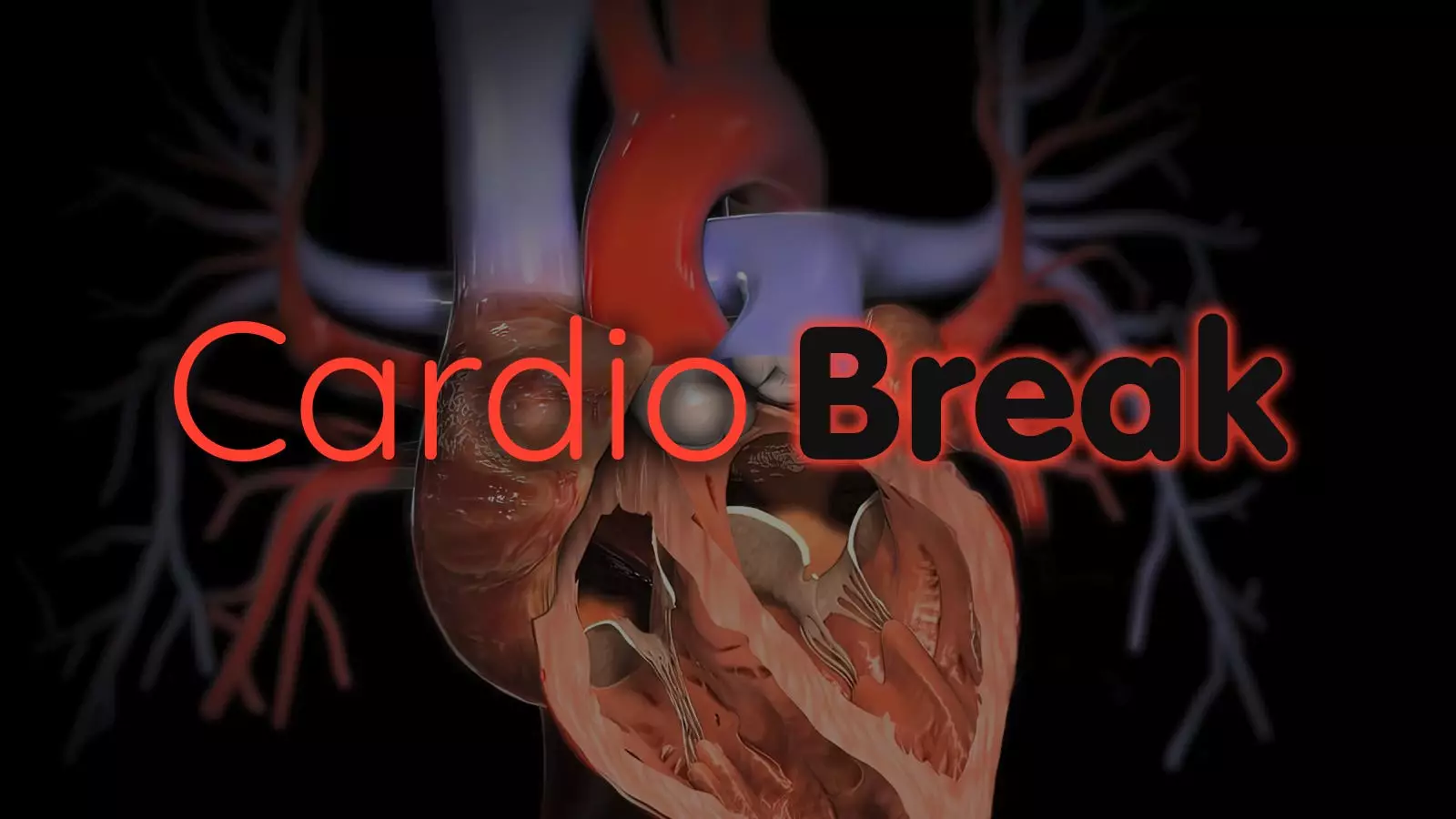Recent studies highlight a troubling health crisis fueled by the increasing consumption of sugar-sweetened beverages. The alarming statistic of 2.2 million new cases of type 2 diabetes and 1.2 million new incidents of cardiovascular disease (CVD) annually can be traced back to these sugary drinks. The widespread availability and marketing strategies of these beverages contribute significantly to their consumption across diverse populations. As awareness of nutrition grows, the link between high sugar intake and serious health complications becomes more critical, urging public health officials and consumers alike to reassess their dietary choices.
Seasonal Threats to Heart Health
As colder temperatures set in around the globe, the risks associated with heart attacks and unexpected fatalities tend to spike. Winter, with its accompanying lifestyle changes, can trigger an increase in cardiovascular events, particularly among high-risk individuals. The colder climate can lead to physical inactivity and dietary changes that adversely affect heart health. A proactive approach, including educational campaigns about winter-related heart risks, could empower individuals to take preventive measures.
Amidst the rising challenges in cardiovascular health, technological advancements offer promising solutions. Research from Boston has led to the creation of an artificial intelligence-based ECG risk estimator. This tool enables healthcare professionals to predict hypertension onset and identify at-risk patients efficiently. Such innovations signify a shift toward more personalized and preventative healthcare practices, underscoring the need for integration of advanced technology in routine patient evaluations.
Additionally, researchers are exploring non-invasive methods to diagnose conditions like elevated left atrial pressures using ECG patch monitors. These advancements hold potential for early detection, thereby improving outcomes for individuals with heart disease by allowing for timely interventions.
Insights from Clinical Trials and Observational Studies
Recent clinical trials and observational studies are shedding light on various cardiovascular conditions. For instance, a randomized trial indicated that while late administration of tenecteplase showed initial benefits for certain stroke patients, it did not significantly improve long-term outcomes. This calls for stricter adherence to treatment protocols and more research into optimal timing for intervention to maximize efficacy.
Moreover, noteworthy findings have emerged regarding the relationships between various health conditions and cardiovascular outcomes. Research has indicated a higher prevalence of CVD among patients diagnosed with advanced breast cancer. Similarly, individuals with cutaneous sarcoidosis were found to have a notably increased risk for cardiac sarcoidosis, indicating a potential need for heightened monitoring in certain patient populations.
Emerging data also highlights disparities in cardiac care outcomes between rural and urban populations. For patients with left ventricular assist devices (LVADs), survival rates at the one-year mark are comparable, yet the rural demographic faces a heightened risk of gastrointestinal complications and stroke. This discrepancy suggests that access to comprehensive cardiac care may be unevenly distributed, emphasizing the necessity for targeted interventions to support these populations effectively.
The convergence of rising health issues linked to dietary choices and groundbreaking technological solutions in cardiovascular care underscores the urgency for a multi-faceted approach to public health. As individuals, communities, and healthcare providers come together to address these challenges, a future of healthier dietary choices, enhanced tech-driven patient care, and equitable healthcare access becomes attainable. Through concerted efforts, we can mitigate the risks associated with sugary beverages while harnessing the power of technology to improve cardiovascular outcomes across diverse populations.


Leave a Reply